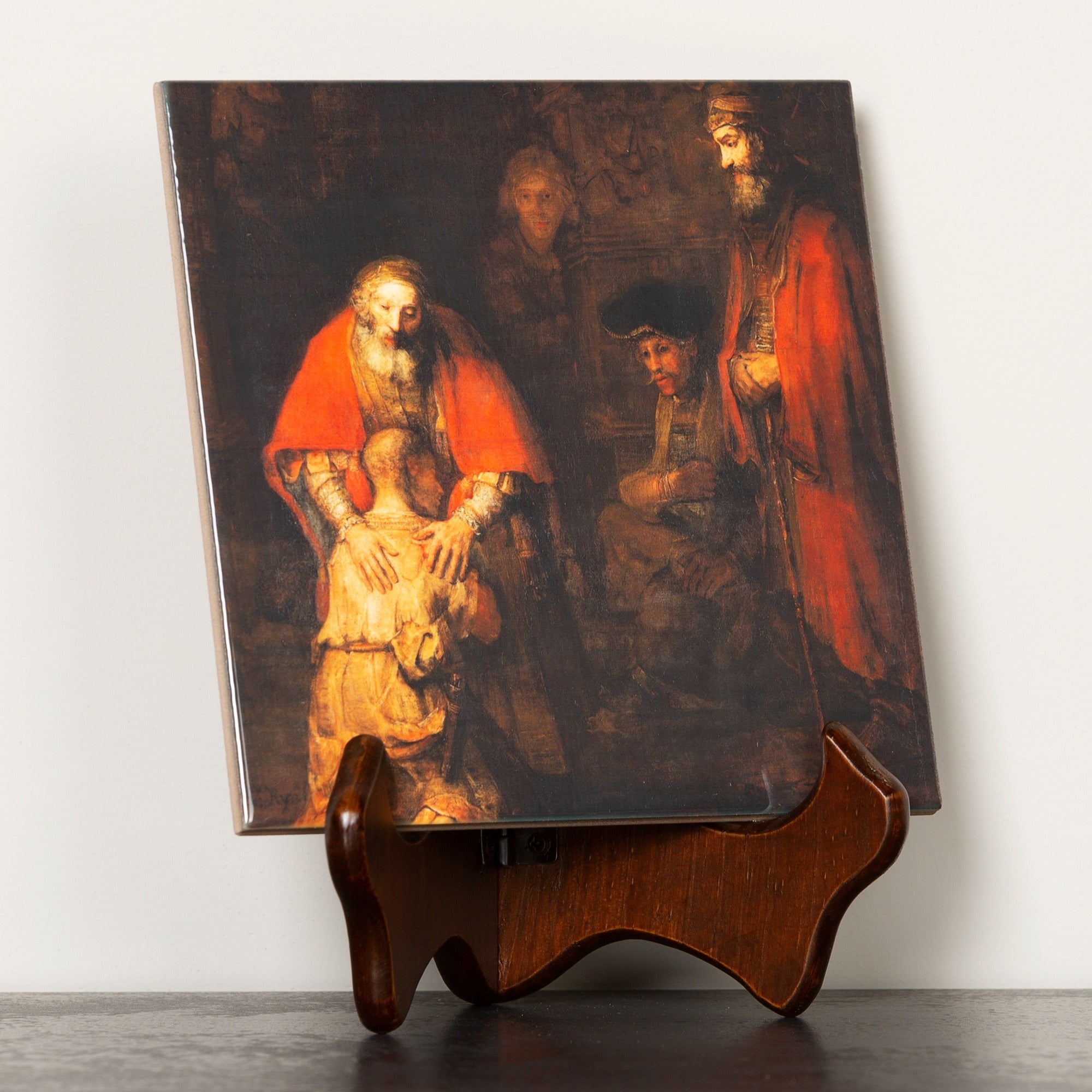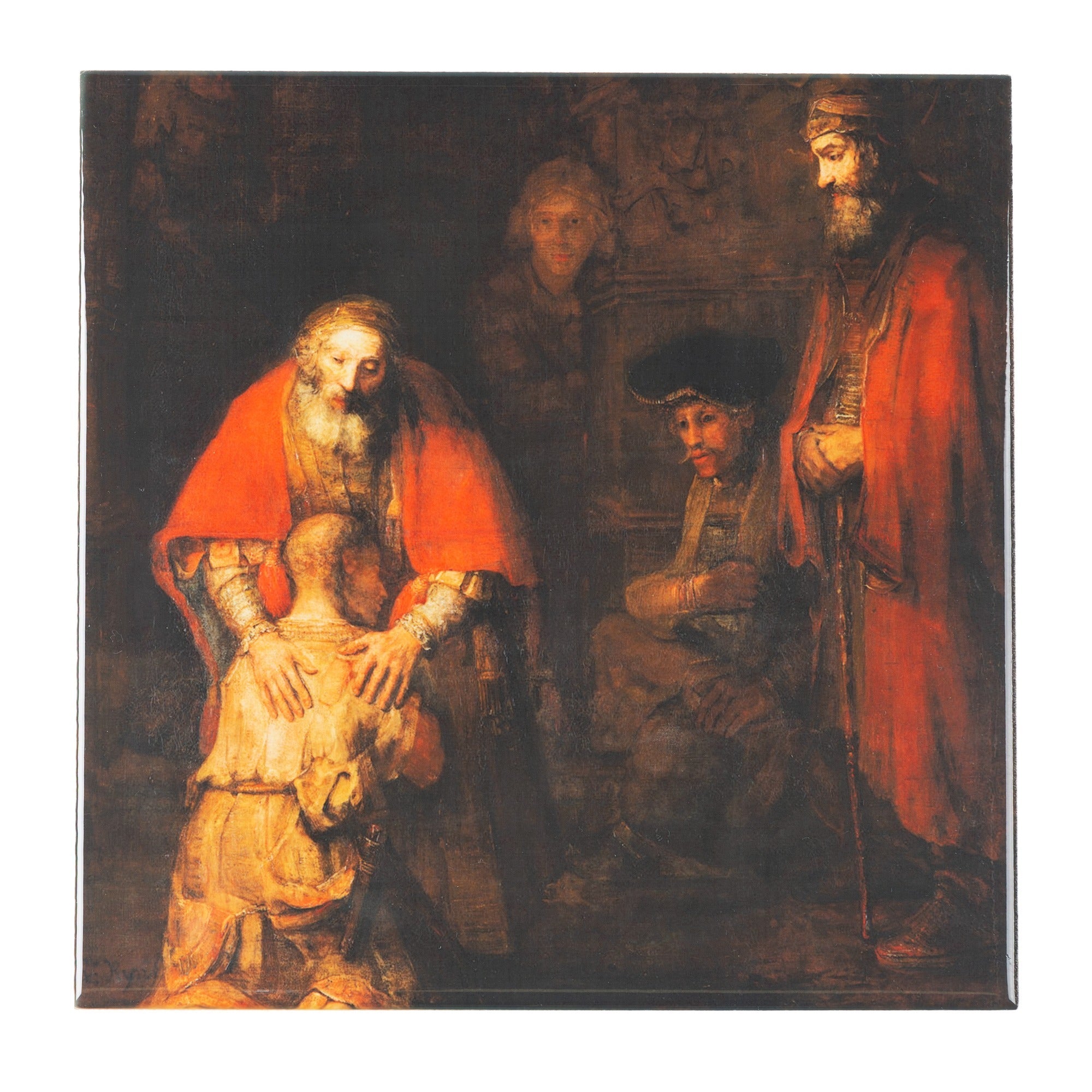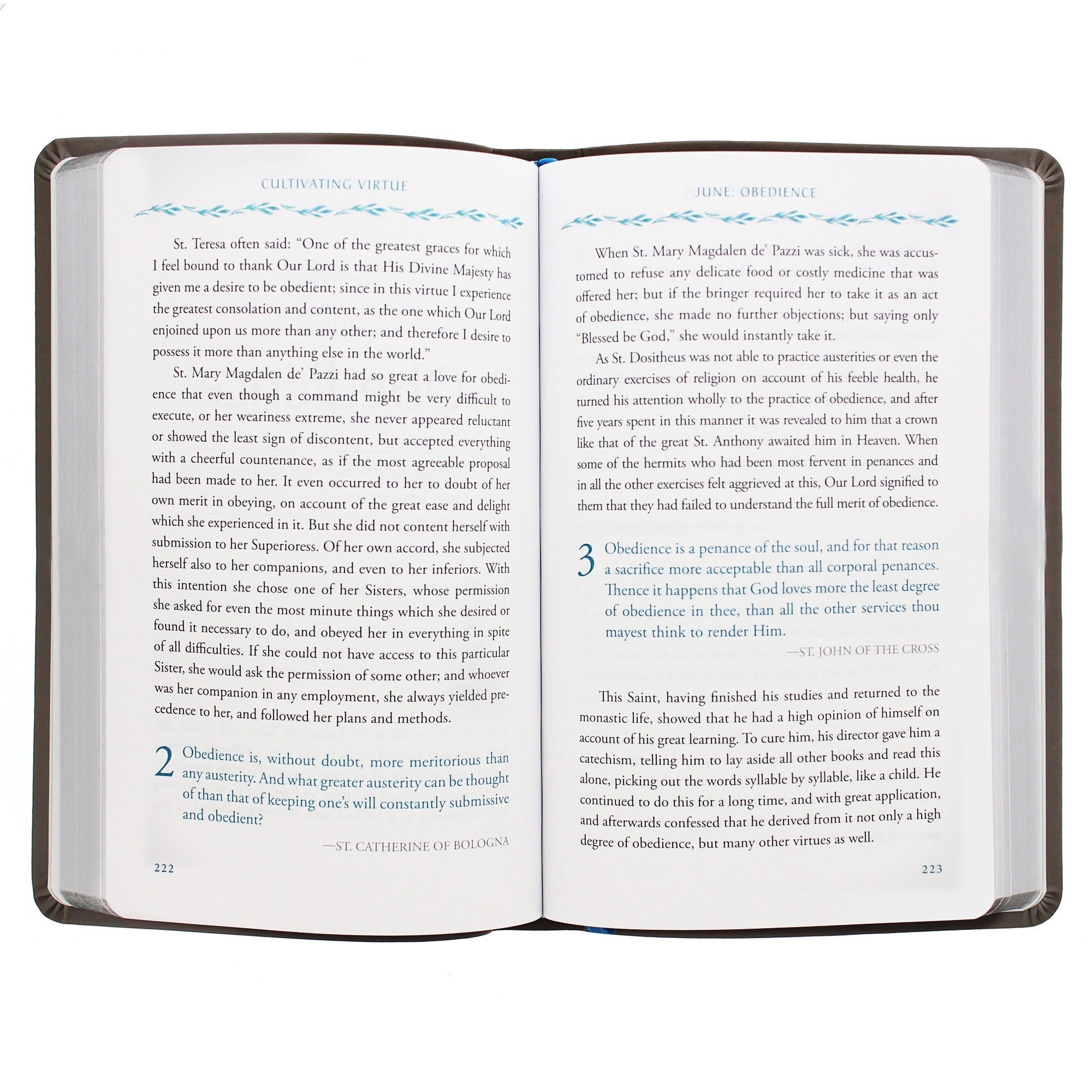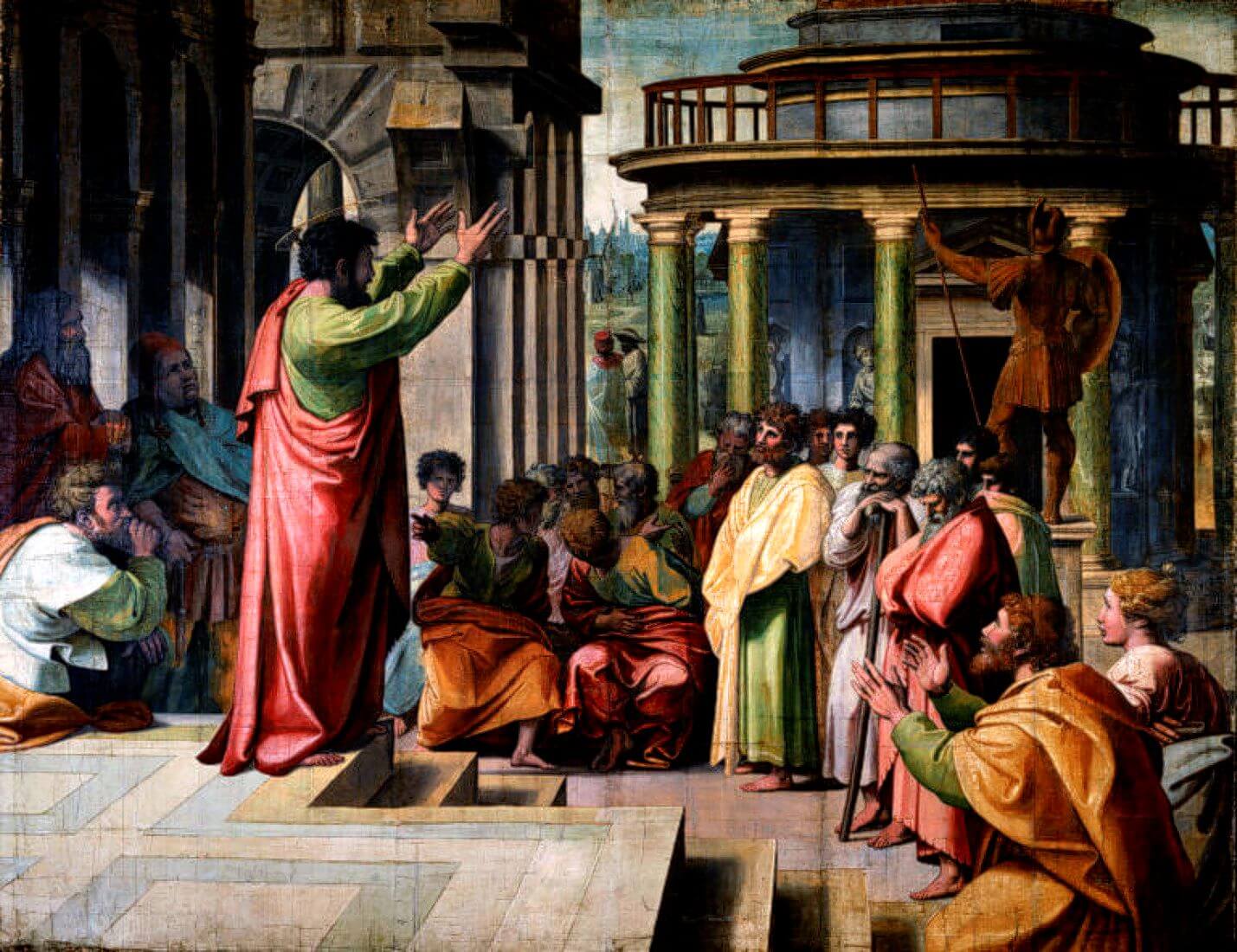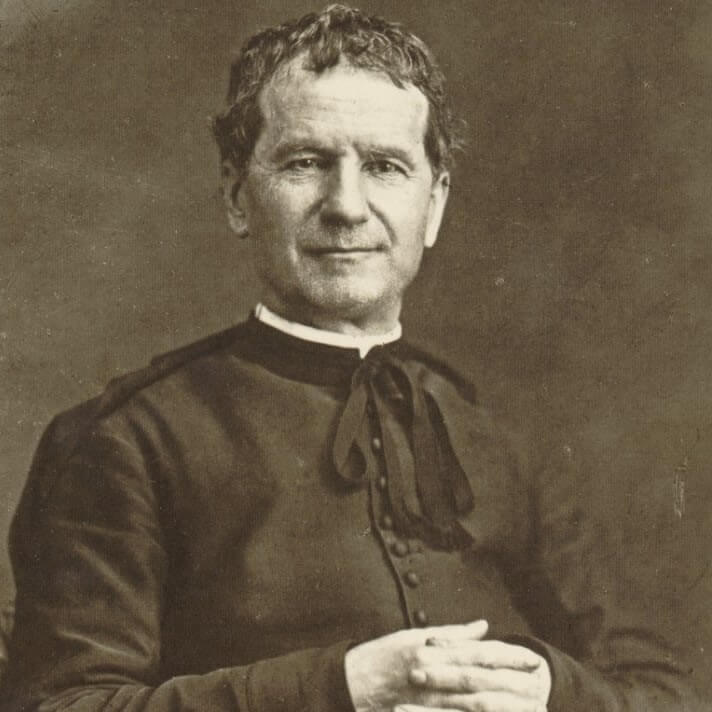For lay Catholics in Elizabethan England, keeping the Faith meant fines, house raids, and imprisonment.
For priests and those who sheltered them, it meant torture and death.
Everyone—Catholics and Anglicans alike—knew this.
Some of the Anglicans, considering Catholics to be traitors to the queen, made a point of helping the police by hunting down Catholic priests themselves.
St. Edmund Campion, a priest, was turned in by such a fellow Englishman. The man hunted him down and gave him over to imprisonment and torture.
Then, one day, Campion’s betrayer came to visit him in the Tower.
What did the betrayed and tortured priest do? Reject him? Rebuke him?
No. He forgave him.
He forgave him, and then proceeded to urge the man to leave England, where he was no longer safe. He told him of a Catholic nobleman in Germany who would help him, and gave him a letter of introduction to present.
St. Edmund Campion’s forgiveness—as well as that of many other saints—went beyond a mere “Forgive and forget” attitude. Such forgiveness, sincere and entire, is difficult. Deep hurt and tough questions hold us back: Why do I have to forgive when I’ve been wronged? What if they do it again? What if I’m just enabling them? Good Catholic’s new series How to Forgive answers all these tough questions. You’ll learn what true forgiveness is, how forgiveness heals and frees you from past hurts, and much more. Sign up today at Good Catholic!























